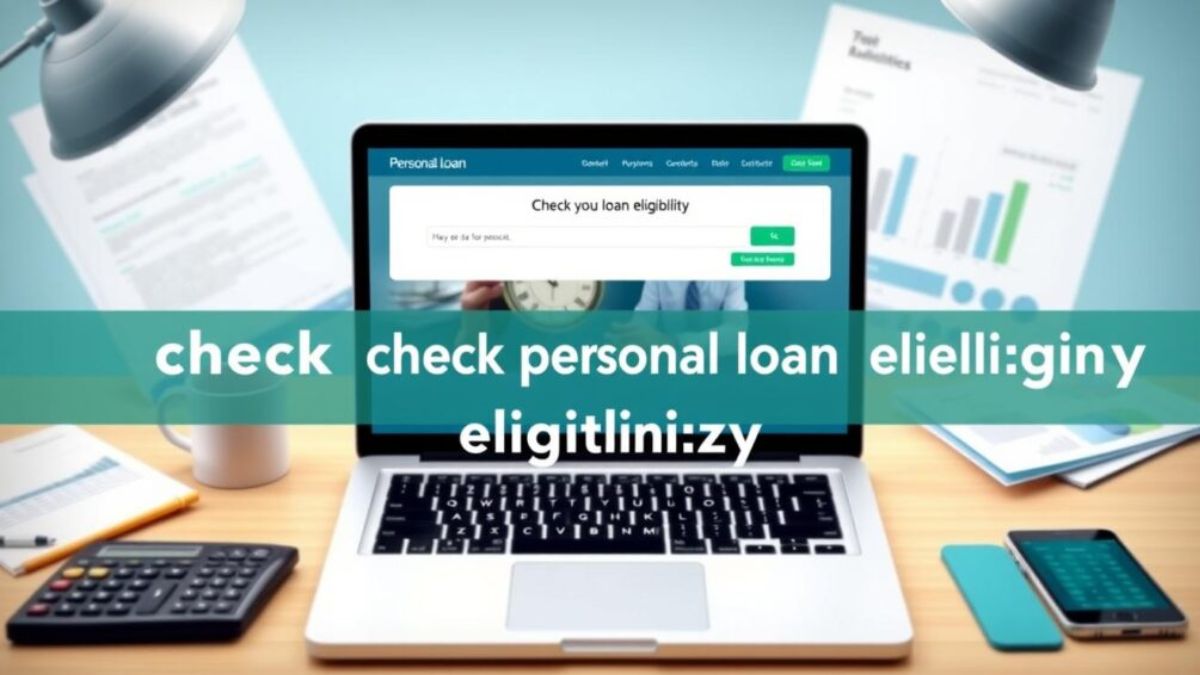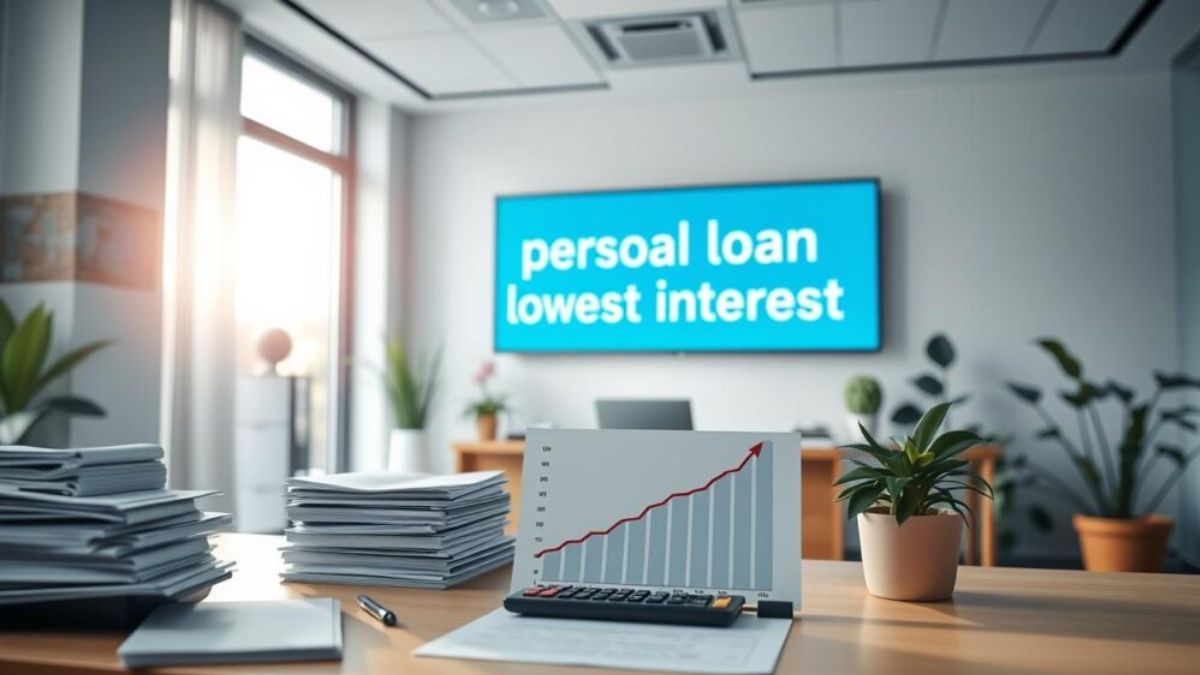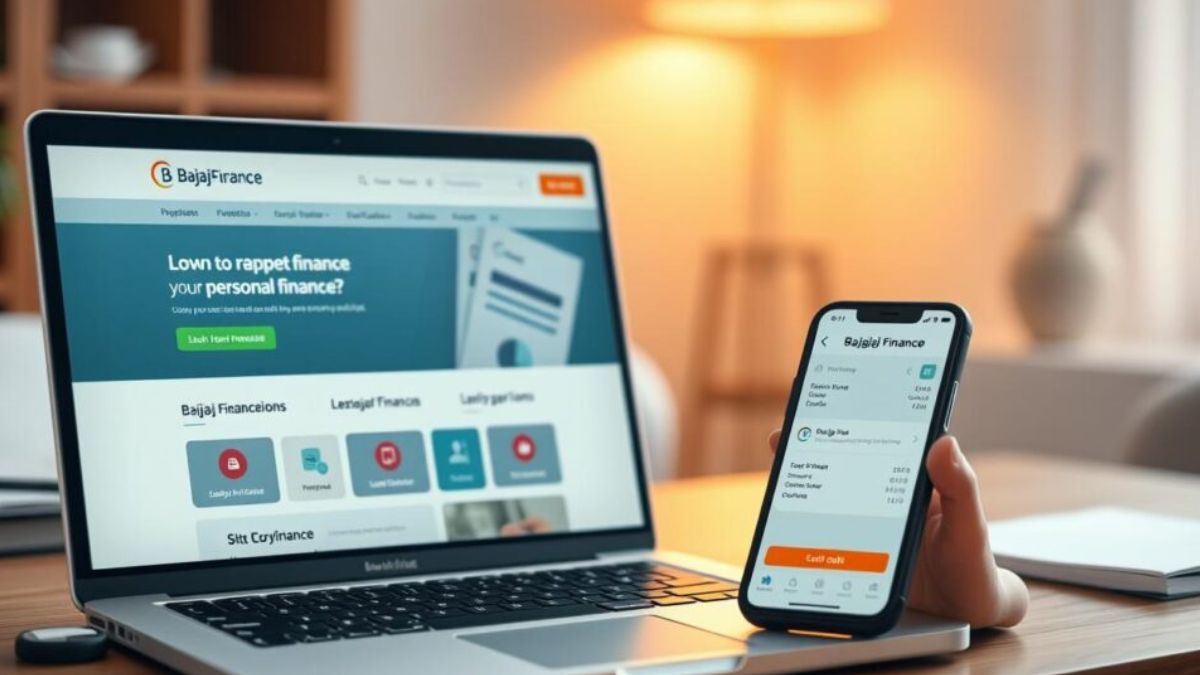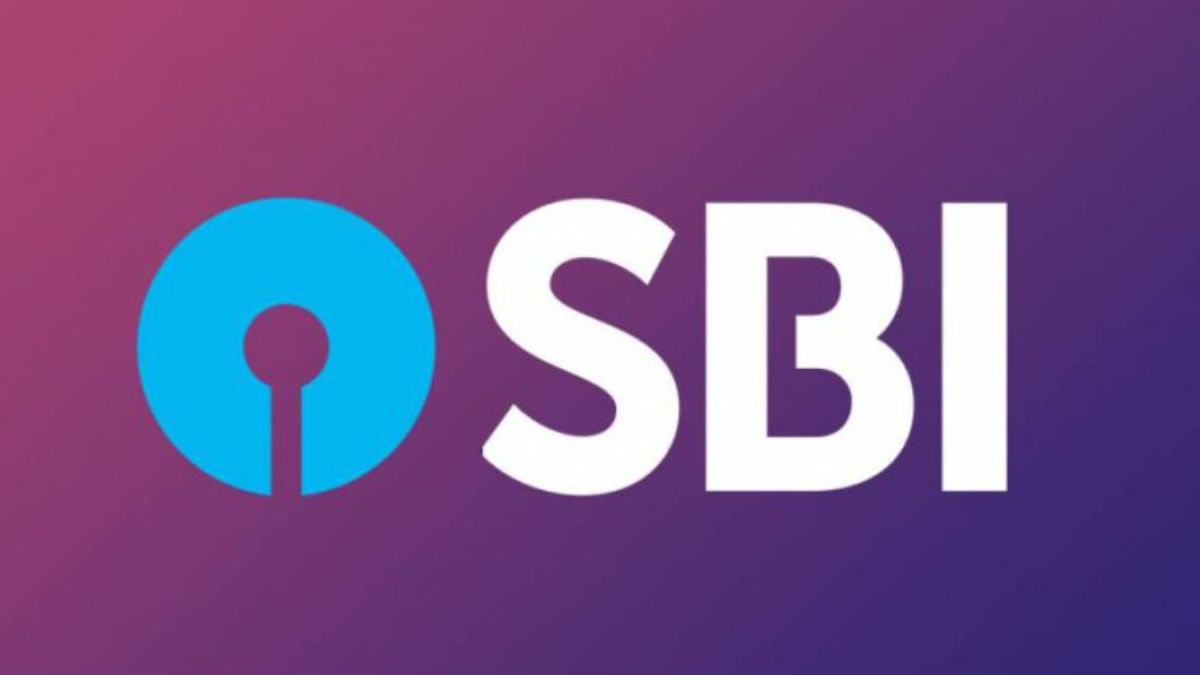Are you juggling multiple high-interest debts, like credit cards or personal loans? A personal loan for debt consolidation might be what you need. This guide will show you how to get a personal loan to combine your debts. It will help you simplify your finances and take back control.
Looking to merge credit card debt or other debts? A debt consolidation loan can help you achieve financial stability. It combines your debts into one, making payments easier. This can lower your interest rates and monthly payments, helping you pay off debts faster.
In this guide, we’ll look at debt consolidation’s benefits, who can get a personal loan, how to apply, and managing your debt. By the end, you’ll know how a personal loan for debt consolidation can improve your finances.
Understanding Debt Consolidation
Debt consolidation is a smart financial move. It can make managing your debt easier and save you money. It involves combining several debts, like credit cards and personal loans, into one loan with a lower interest rate.
What is Debt Consolidation?
Debt consolidation means getting a new loan to pay off many debts. This new loan is usually a personal loan or a balance transfer credit card. It helps you make one monthly payment, lower your interest costs, and manage your debt better.
Benefits of Consolidating Debts
- Simplify your payments by combining multiple debts into a single monthly payment
- Potentially lower your interest rates, leading to reduced overall interest costs
- Improve your credit score by making it easier to manage your debt and make on-time payments
- Provide a clear path to becoming debt-free by setting a fixed repayment schedule
By consolidating your debts, you can make your financial life simpler. It’s a great way to manage your debt management needs, especially if you’re dealing with credit card debt consolidation.
“Debt consolidation can be a game-changer for those drowning in multiple debts. It simplifies your payments, potentially lowers your interest rates, and provides a clear path to becoming debt-free.”
Getting a Personal Loan for Debt Consolidation
If you’re juggling many debts, a personal loan for debt consolidation might help. It lets you merge your debts, like credit card balances, into one loan. This makes paying back easier and could save you money on interest.
Using a personal loan for debt consolidation has a big plus: it’s an unsecured personal loan. This means you don’t need to put up collateral, making it easier to get for many people.
When looking at a personal loan for debt consolidation, compare different lenders. Look for the best rates, flexible payback plans, and few fees. This helps you save money and makes the process smoother.
To apply for a personal loan for debt consolidation, you’ll need to share details about your debts, income, and credit history. Lenders use this info to decide if you qualify and what terms to offer.
| Lender | Interest Rates | Loan Amounts | Repayment Terms |
|---|---|---|---|
| Lender A | 7.99% – 24.99% | $5,000 – $50,000 | 24 – 84 months |
| Lender B | 6.99% – 19.99% | $10,000 – $100,000 | 36 – 72 months |
| Lender C | 8.99% – 25.99% | $3,000 – $40,000 | 12 – 60 months |
Exploring your personal loan for debt consolidation options is a great first step. It can simplify your finances and help you manage your debt better.
Qualifying for a Debt Consolidation Loan
To get a debt consolidation loan, you need to meet certain criteria. Lenders look at your credit score and income and employment status. Knowing what they want can help you get a personal loan to combine your debts.
Credit Score Requirements
Your credit score is very important to lenders. A higher score, from 300 to 850, makes it easier to get a loan. If your score is 700 or higher, you might get a loan with a low interest rate.
Income and Employment Verification
Lenders also check your income requirements for debt consolidation loan and job status. They want to make sure you can pay back the loan on time. Your salary, job history, and stability can affect their decision.
| Requirement | Details |
|---|---|
| Credit Score | Generally, a credit score of 700 or higher is preferred for debt consolidation loans. |
| Income | Lenders will verify your income and employment status to assess your ability to make loan payments. |
| Employment History | A stable employment history, ideally with the same employer for at least one year, can strengthen your application. |
Understanding these key factors can help you prepare. This way, you can increase your chances of getting a personal loan to consolidate your debts.
Comparing Personal Loan Options
When you’re looking to consolidate your debts with a personal loan, it’s key to compare rates and fees. This helps you find the best deal and save money.
Interest Rates for Debt Consolidation
Interest rates for debt consolidation loans vary a lot. They depend on your credit score, income, and the lender. Rates usually range from 6% to 36%, with the best rates for those with excellent credit.
It’s smart to look at offers from different lenders. This way, you can find the lowest interest rates for debt consolidation. This can save you a lot of money over time.
Fees for Debt Consolidation Loans
Don’t forget to check the fees for debt consolidation loans too. Fees like origination fees, prepayment penalties, and late fees can add up. They can reduce the savings from consolidating your debts.
Choose lenders with low or no fees. This can make a big difference in the cost of your loan. By looking at both rates and fees, you can pick the loan that’s right for you.
| Lender | Interest Rate Range | Origination Fee | Prepayment Penalty |
|---|---|---|---|
| Lender A | 8.99% – 24.99% | 0% – 6% | None |
| Lender B | 6.99% – 19.99% | 1% – 5% | None |
| Lender C | 10.99% – 35.99% | 2% – 8% | None |
“Comparing personal loan options for debt consolidation can save you thousands in interest and fees over the life of the loan.”
Applying for a Personal Loan
Getting a personal loan to combine your debts is easy. Knowing what documents you need and the steps to apply can help. This way, you can get the loan you need faster.
Required Documents
To get a debt consolidation loan, you’ll need a few things:
- Proof of identity (driver’s license, passport, or other government-issued ID)
- Proof of income (pay stubs, W-2 forms, or tax returns)
- Information about your existing debts (balances, interest rates, and minimum payments)
- Proof of address (utility bills, mortgage statements, or rental agreements)
- Banking information (account numbers and routing numbers)
Application Process
Here’s how to apply for a debt consolidation loan:
- Research and compare different lenders: Look for lenders with good interest rates, flexible terms, and easy applications.
- Gather the required documents: Get all the documents you need, like those mentioned earlier, ready for your application.
- Complete the application: Fill out the lender’s online form or apply in person.
- Provide additional information: The lender might ask for more details, like proof of income or debt information.
- Wait for a decision: The lender will check your application and credit to see if you qualify and what terms you’ll get.
- Accept the loan offer: If you’re approved, look over the loan terms and accept if they work for you.
- Use the loan to pay off your existing debts: After getting the loan, use the money to pay off your debts. This will combine them into one monthly payment.
By knowing what documents you need and following the application steps, you can get a personal loan for debt consolidation. This is the first step to managing your finances better.
Managing Your Debt Consolidation Loan
Getting a personal loan for debt consolidation is a big step. But managing the loan repayment is the real challenge. It’s important to create a budget and stick to it to make the loan work for you.
Budgeting for Loan Repayment
To manage your debt consolidation loan well, start by making a detailed budget. This budget should include your monthly loan payment. Here are some steps to follow:
- First, figure out your monthly loan payment, including both the principal and interest.
- Then, set aside a part of your income for the loan repayment. Make sure it fits your budget.
- Look for ways to cut back on non-essential spending. This will help you have more money for the loan.
- Set up automatic payments to avoid late or missed payments. This is good for your credit score.
- Check your budget often and adjust it if needed. This will help you stay on track with your loan repayment.
By budgeting for your debt consolidation loan and following a solid repayment plan, you can manage your loan effectively. This will help you become debt-free.
| Expense | Amount |
|---|---|
| Debt Consolidation Loan Payment | $350 |
| Rent | $1,200 |
| Utilities | $200 |
| Groceries | $400 |
| Transportation | $150 |
| Miscellaneous | $200 |
| Total Expenses | $2,500 |
The table shows a typical monthly budget with the debt consolidation loan payment. By managing your expenses carefully, you can make sure the loan repayment fits your financial plan.
“Budgeting for your debt consolidation loan is the key to successfully managing your debt and achieving long-term financial stability.”

Impact on Credit Score
Getting a personal loan to consolidate debts can change your credit score in both short and long terms. It’s key to know these effects to manage your credit well.
Short-term Effects
Applying for a debt consolidation loan means a hard credit check. This can drop your score by a few points. But, this is normal and usually doesn’t hurt much if you only apply once.
Long-term Effects
The long-term effects on your credit score are more complex. On the plus side, combining debts into one loan can improve your credit utilization ratio. This is a big part of your credit score.
By paying off many credit card balances, you lower your debt compared to your credit limit. However, closing credit card accounts can hurt your credit history length and mix. These are also important for your score.
So, the effect of debt consolidation on your credit score depends on your financial situation. Knowing the short and long-term impacts helps you make smart choices. This way, you can manage your credit well before and after consolidating debts.
Alternatives to Personal Loans for Debt Consolidation
Personal loans are popular for debt consolidation, but there are other options. Looking into these alternatives can help you find the right solution for your financial needs. This way, you can reach your debt management goals more effectively.
Balance Transfer Credit Cards
Balance transfer credit cards let you combine multiple debts into one. They often have a 0% introductory APR for a certain time. This can save you on interest and help you pay off your debt faster. But, be aware of balance transfer fees and the promotional period’s terms.
Debt Management Programs
Debt management options from non-profit credit counseling agencies offer a structured plan. They work with creditors to lower interest rates and monthly payments. This makes it easier to manage your alternatives to personal loans for debt consolidation.
| Option | Pros | Cons |
|---|---|---|
| Balance Transfer Credit Cards | Potential 0% introductory APR Consolidate multiple debts | Balance transfer fees Limited promotional period |
| Debt Management Programs | Negotiate lower interest rates Structured repayment plan | May impact credit score Fees charged by credit counseling agencies |
When looking at alternatives to personal loans for debt consolidation, weigh the pros and cons of each. This will help you choose the best option for your financial situation. By exploring these alternatives, you can manage your debt better and achieve financial stability.

When to Seek Professional Help
Getting a personal loan can help with debt consolidation. But, sometimes, you might need a financial advisor’s help. They offer valuable advice and tailored plans to manage your debt and reach your financial goals.
Working with a Financial Advisor
A financial advisor can look at your financial situation. They consider your income, expenses, and debt. They help create a detailed plan to manage your debt, including using a consolidation loan or negotiating with creditors.
By getting financial advisor for debt consolidation help, you understand the long-term effects. This ensures your decisions fit your financial health.
If your debt is complex or you’re not sure what to do, professional help for debt consolidation is crucial. A financial advisor gives unbiased advice. They help you see the advantages and disadvantages and find a solution that fits your financial needs.
Read More…
- Types of Loans and Advances in Banking Explained
- SBI Personal Loan Calculator for Salary Accounts
- Federal Student Loan Rights & Responsibilities Guide
- Federal Student Loan Forgiveness for Disability
- How To Get Biden Student Loan Forgiveness
- How To Apply For Bank Loan In The Philippines
- Capital One Personal Loan Pre Approval Reviews
FAQ
What is debt consolidation and how can it help me?
Debt consolidation combines many debts into one loan with a lower interest rate. This makes paying off your debt easier and can save you money. It simplifies your monthly payments and may lower your interest costs.
What are the benefits of consolidating my debts?
Consolidating your debts offers several benefits. It simplifies your payments into one, fixed-rate loan. This can lower your interest charges and make managing your debt easier. It also helps you pay off your debt more efficiently.
What are the requirements to qualify for a debt consolidation loan?
To get a debt consolidation loan, lenders check your credit score, income, and job. A good credit score and steady income increase your chances. They want to see you can repay the loan.
How do I compare personal loan options for debt consolidation?
When comparing loans, look at interest rates and fees. Choose the loan with the lowest rate and fewest fees. Also, consider the loan term and monthly payments to fit your budget.
What documents do I need to apply for a debt consolidation loan?
You’ll need an ID, proof of income, and details about your debts. Also, provide employment and residence information, and bank statements.







